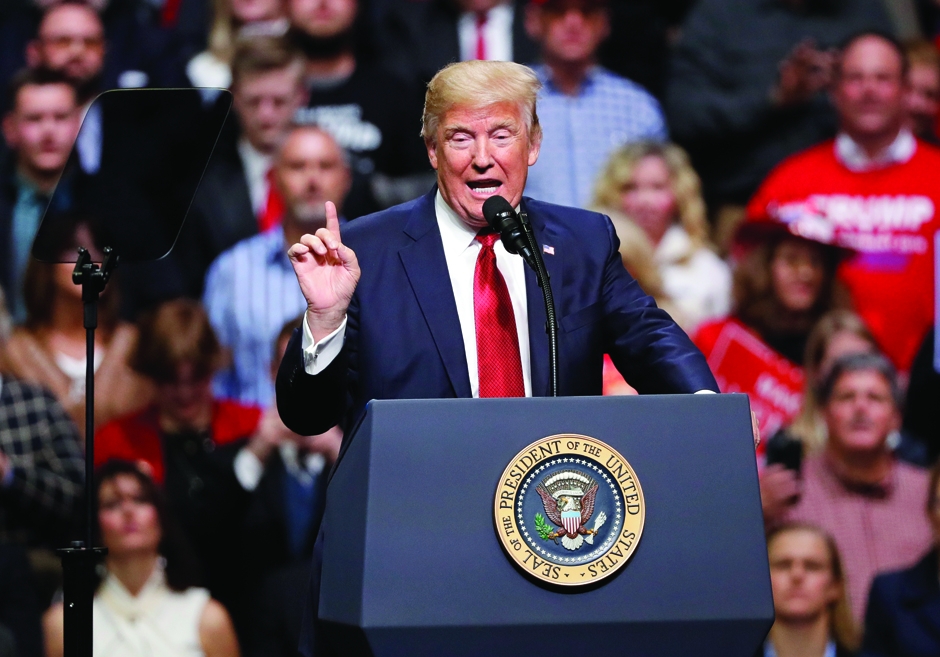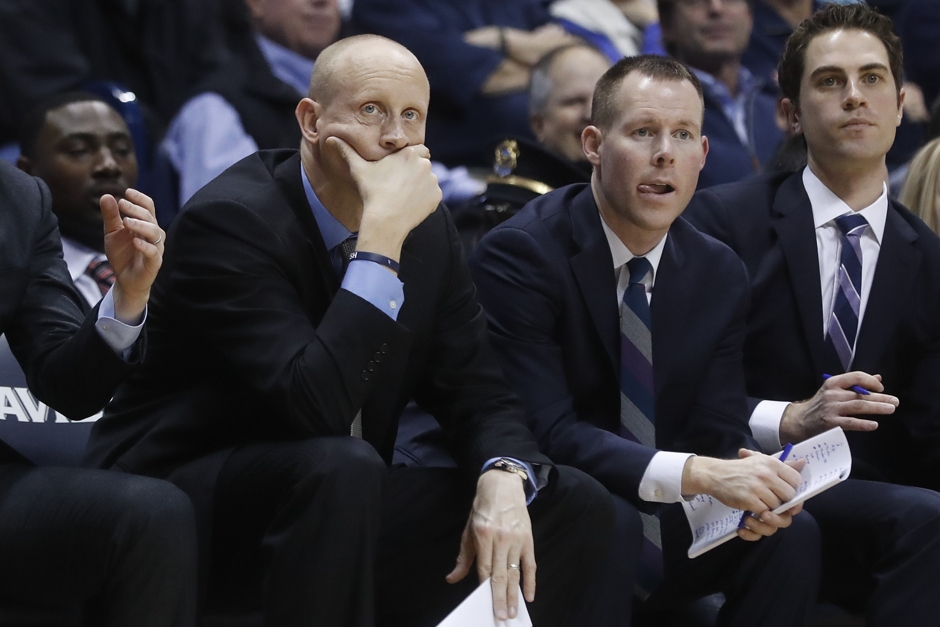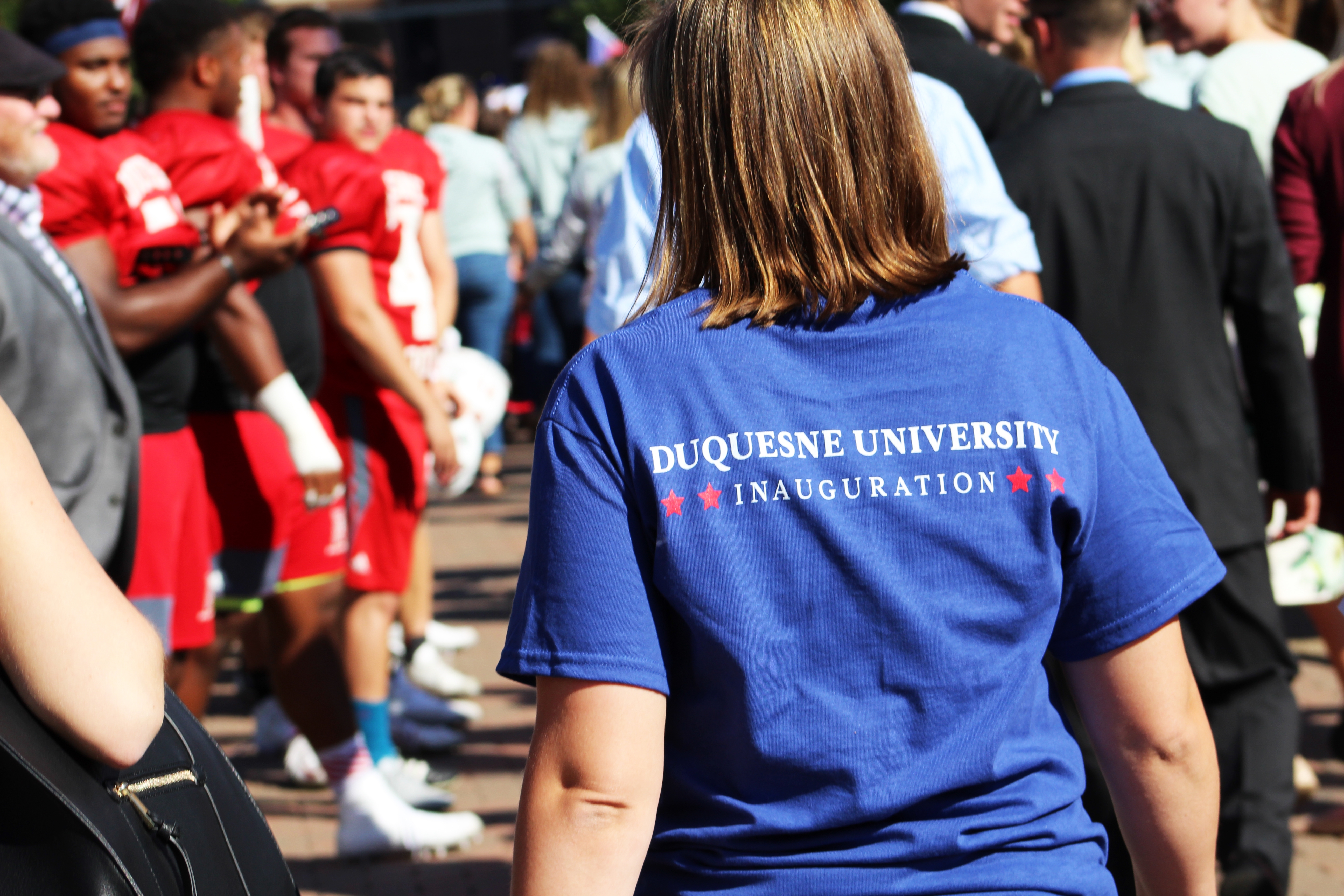
By: Duke Staff
Any way you look at it, Vermont Sen. Bernie Sanders pulled off one of the greatest upsets in modern political history on Tuesday night, squeaking by a heavily-favored Hillary Clinton in the Democratic Party’s Michigan primary.
But if you look at official delegate counts, it’s like the race for the Democratic nomination is already over. Thanks to the decades-old system of superdelegates – which has been criticized by party leaders and Sanders supporters as unfair – Clinton already has more than half (1,221) of the total number of delegates needed to win the nomination. Sanders has 571.
Even though the superdelegate system has indeed worked in Clinton’s favor during this election cycle, it will most likely not unfairly swing the nomination from one candidate to the other. But like anything in politics, it’s complicated.
Earned delegates are easy to understand; they are bound to candidates through voting results in primary elections and caucuses. With his win in Michigan, Sanders automatically won more earned delegates.
Superdelegates, on the other hand, are party elites, like governors or members of Congress, who aren’t pledged to any particular candidate through the electoral process. At the convention, they can vote for any candidate of their liking, and they aren’t attached to a candidate like earned delegates are.
It sounds corrupt, and it was meant to be. The system was instituted in the 1980s to give party elites the opportunity to prevent the nomination of grassroots populist candidates like George McGovern in 1972 or Jimmy Carter in 1976. The superdelegates can tip the scale at the convention if they prefer a particular candidate.
For Sanders, it certainly doesn’t look good. He has focused on winning earned delegates on a state-by-state basis, which he is having only moderate success at. He is down 748-542 among earned delegates, but that is a much more reasonable gap than the one he faces with superdelegates included.
The fact is, Clinton has spent years cultivating elites from the Democratic establishment, and it seems to be finally paying off. Superdelegates on Clinton’s side will point to Sanders as an unelectable candidate, saying that he is a self-proclaimed socialist and a candidate who wasn’t officially a Democrat until last year.
But to say the superdelegate system is working unfairly in Clinton’s favor? That’s not the case. In 2008, she led Barack Obama in superdelegates all the way up until that May, when the delegates started shifting in Obama’s direction. They shifted along with the popular vote; superdelegates often vote with that in mind. It isn’t always some grand conspiracy.
The superdelegate system is something to keep in mind moving forward, though. It will be interesting to see if they start swinging in Sanders’s direction if he wins more key states. If he can win more is a whole different question.




